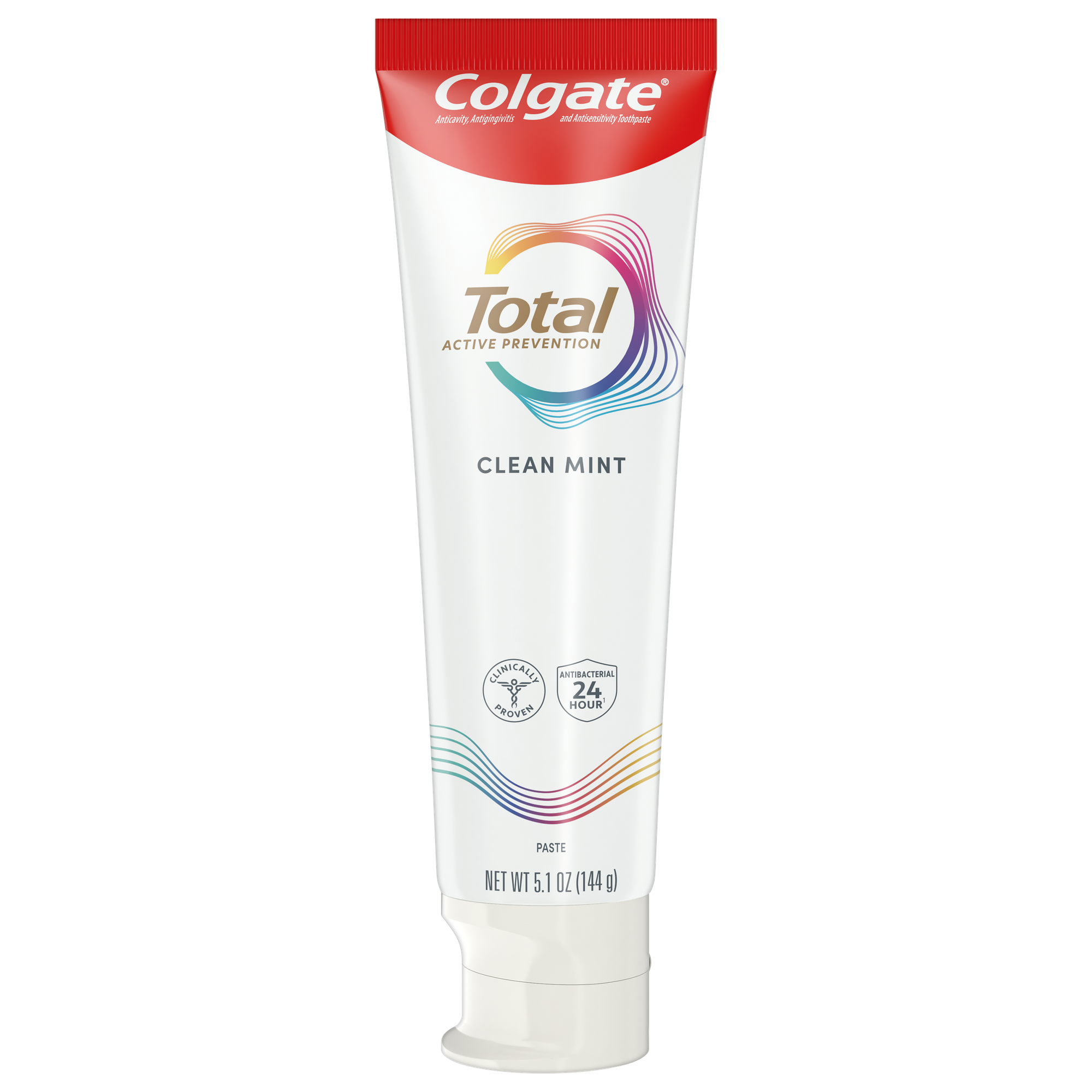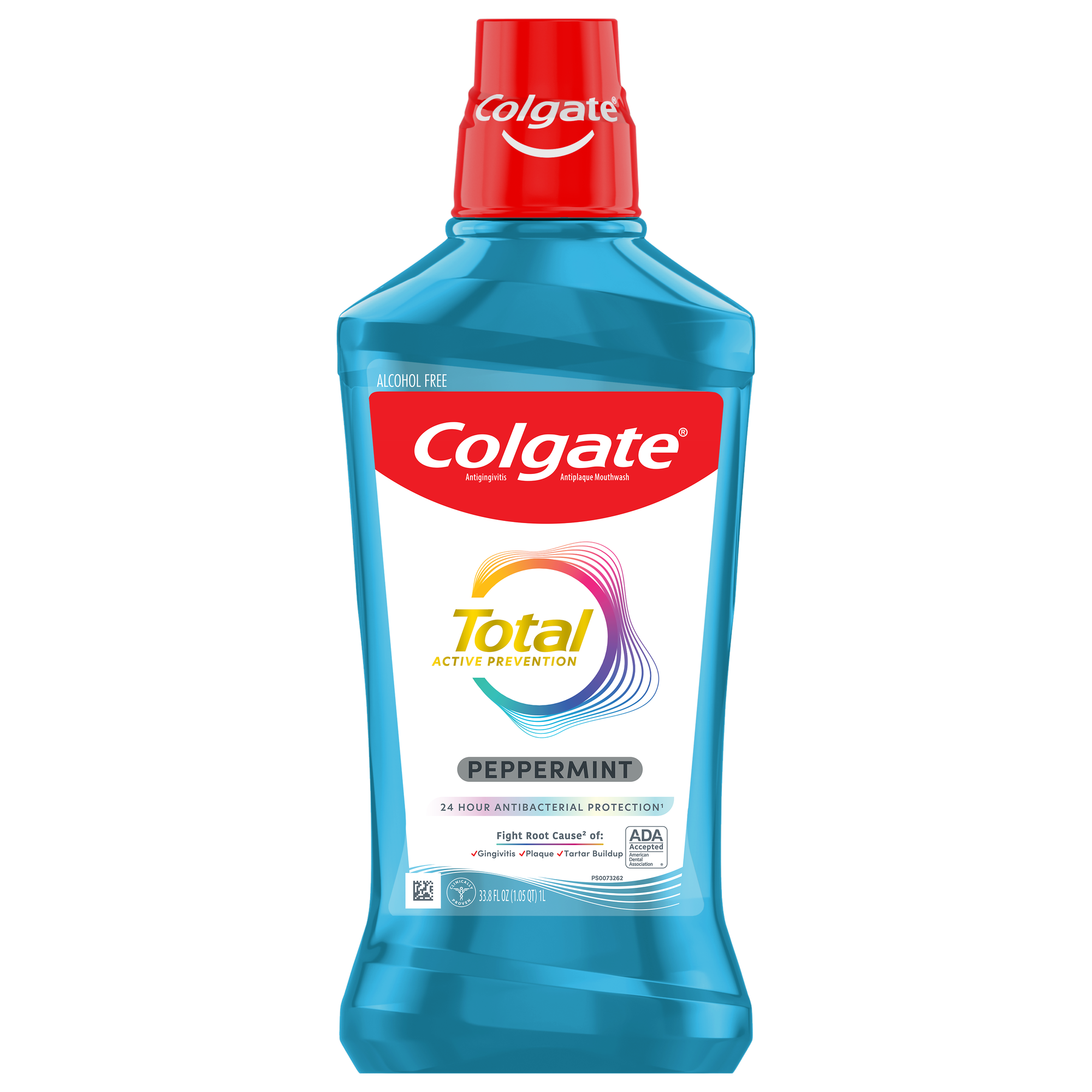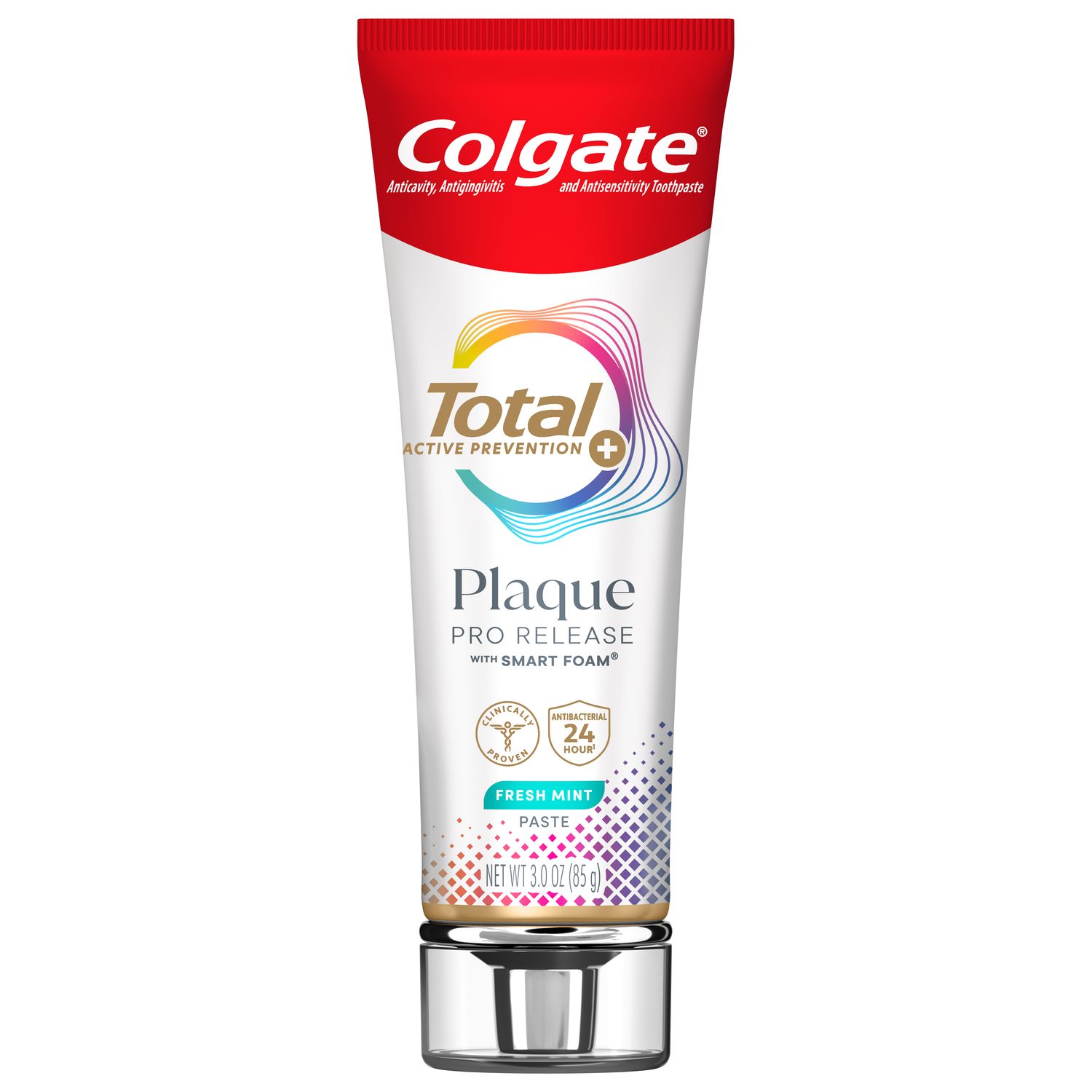
There are many opportunities in dental public health programs for dental hygienists. From education programs for preschoolers to community administration, the need for dental hygienists is increasing, and new roles are emerging, to help address specific treatment needs and access to dental care.
The History of Dental Public Health
The Centers for Disease Control defines public health as "the science of protecting and improving the health of people and their communities." Targeted dental public health programs have long been a topic of discussion. With the cost of dental care and transportation to appointments rising, the role of dental hygienists in dental public health programs is quickly becoming a necessity.
Government Positions
Some dental public health programs employ dental hygienists in administrative positions, such as state public health officers, program directors and community clinic administrators. State public health officers usually require a master's degree and two to five years of experience in leadership and training in a public health setting. Program directors often work in Head Start (services for preschool-age children) and school sealant programs.
Community clinic administrators, on the other hand, usually have advanced degrees and have practiced clinical dental hygiene for several years. They can transition into administrative positions to advance their careers.
Where Do Public Health Clnicians Practice?
Clinically, dental public health programs employ dental hygienists in places as diverse as community health clinics, rural clinics, Indian Health Service centers, hospitals and prisons. Each state has its own guidelines under which dental hygienists can practice. According to the American Dental Hygienists' Association, the majority of States allow dental hygienists to practice in a public health setting without the direct supervision of a dentist. It's important to know that the type of public health setting/institution where this is allowed, the scope of practice allowed without direct supervision, and other requirements (e.g., work experience and continuing education) vary by State so make sure to check this out ahead of time when considering your options.
Other Opportunities
If you're interested in trying public health work for a short stretch, you may consider first volunteering at an event such as a free clinic. There are many areas close to home that can be rewarding. Your city or state might need volunteers for a free clinic day for children or veterans, or you could volunteer to join a local mobile dental van unit that provides education and screening.
Besides doing enormous good for the people you serve, public health programs can have a positive impact on you as a dental hygienist. Working in a school program and making the first dental visit for many children a pleasant one can remind you that you're promoting a lifetime of good dental health. Educating a group of seniors on the importance of maintaining good oral health can lead to friendly and heartwarming connections.
- If you're interested in working in dental public health, you can help by advocating for programming and funding to establish or continue oral care outreach to those facing barriers to care. Research the opportunities in your state and ask current clinicians about their experiences.
Takeaways
- Dental public health work brings affordable care to people who need it.
- Roles vary by State, but dental hygienists can practice as administrators, clinicians, government employees and individual volunteers.
- Some public health positions require an additional level of education. Research and plan accordingly if you are interested in pursuing a career in the field.
Why It's Important
If you're interested in a different career path in dental hygiene, dental public health programs can help you serve a diverse range of people in your community and beyond.
.
Join us
Get resources, products and helpful information to give your patients a healthier future.
Join us
Get resources, products and helpful information to give your patients a healthier future.













